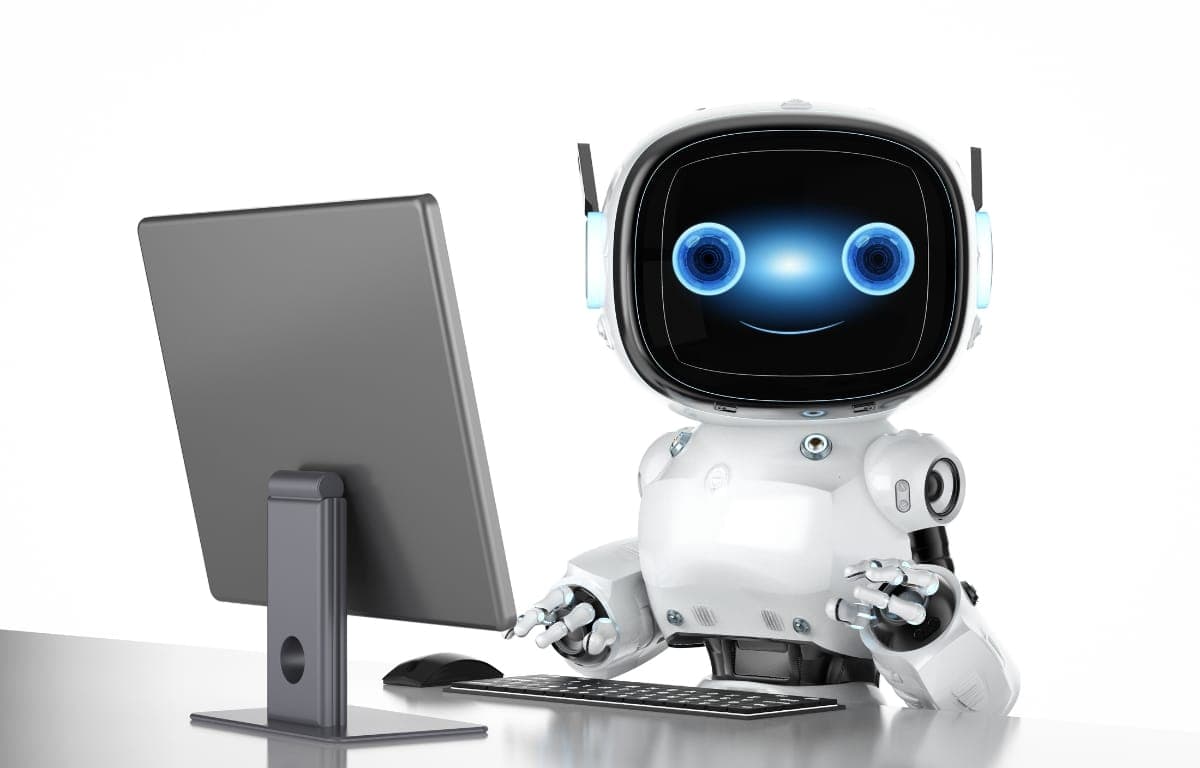AI Will Disrupt 40% of Jobs Globally (Time to Adapt)

Mike Stuzzi

A new report from the International Monetary Fund predicts that artificial intelligence will significantly disrupt the global job market over the coming years. The IMF estimates that AI technologies are likely to affect around 40% of jobs worldwide as machines take over certain tasks currently performed by humans.
Advanced economies will see the greatest impact, with 60% of jobs in countries like the United States and the United Kingdom expected to change due to AI. However, the IMF notes that in about half of disrupted jobs in these nations, workers' productivity may actually increase as they leverage AI tools to enhance their work.
In other cases, AI is projected to have the ability to do human labor for certain tasks. This could reduce demand for some roles and even eliminate certain jobs.
While advanced economies will see the greatest impact from AI, the report also projects significant changes for emerging markets. An estimated 40% of jobs in these regions are expected to be disrupted by AI technologies over the coming years.
Developing nations may experience less immediate upheaval, according to the report. Only around 26% of jobs in low-income countries face potential disruption from AI. However, over time, these economies also need to catch up in harnessing AI's benefits by improving their infrastructure and workforce skills.
The lower IMF-projected disruption in emerging markets and developing nations compared to advanced nations suggests something. These developing countries have some time to prepare policies and workforce training to help transition to AI-driven economic models.
While the findings point to significant changes ahead, some experts say AI doesn’t necessarily mean fewer or a lack of jobs overall. Automation may also create new types of roles to build and maintain advanced technologies.
Goldman Sachs estimates that AI could eliminate jobs equivalent to 300 million full-time positions. However, the investment banking company also notes that AI could simultaneously spark a productivity boom and new opportunities, as has happened with past technological innovations that took the place of humans.
For workers and companies in all nations, adapting to AI means embracing - rather than fearing - the technologies. Adopting AI tools in various fields, whether writing, marketing, photography, or others, can empower people to work smarter while future-proofing their careers.
With proper support and training, many predict societies can successfully transition to a new era of machine-human collaboration. But nations must act swiftly to prepare populations for the challenges and rewards ahead.
Read also: AI Job Application Fillers